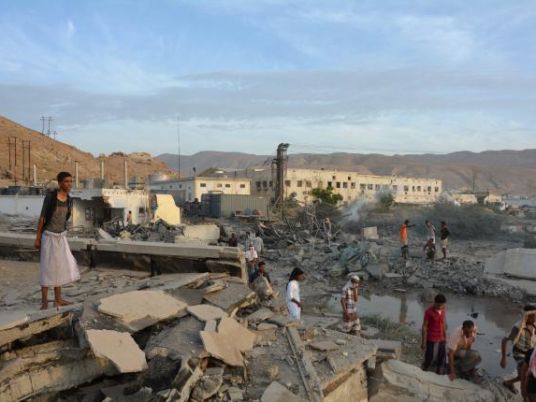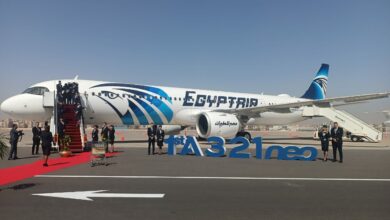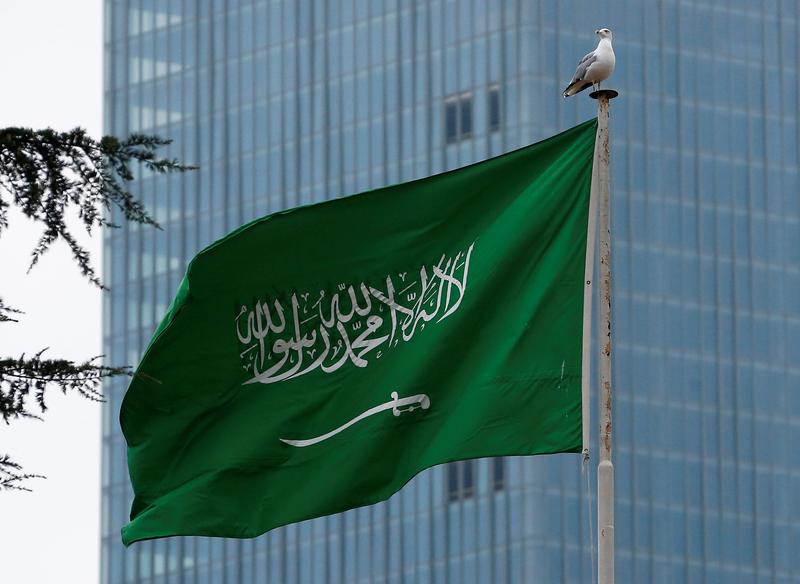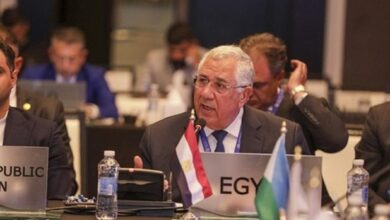
A Saudi Arabia-led military coalition has asked the United Nations to reveal details on the sources of information that led the world body to briefly blacklist it for maiming and killing children in Yemen and invited U.N. experts to come to Riyadh.
The demand was included in a letter from Saudi Ambassador Abdallah Al-Mouallimi to U.N. Secretary-General Ban Ki-moon on the coalition's behalf dated June 8 and seen by Reuters on Tuesday.
The United Nations initially added the coalition to its annual child rights blacklist but removed it shortly afterward pending a review by the coalition and the United Nations in the face of protests from the Saudis and other Muslim nations.
The U.N. report on children and armed conflict said the coalition, which began an air campaign in March 2015 to defeat Iran-allied Houthi rebels, was responsible for 60 percent of child deaths and injuries in the conflict last year, killing 510 and wounding 667.
Riyadh, a key U.N. donor, had threatened to cut off funding to a Palestinian aid program and other U.N. initiatives and said there was discussion of a fatwa against the United Nations, diplomatic sources told Reuters. Saudi Arabia denied using threats, although Ban himself confirmed the initial Reuters report.
The coalition's removal from the blacklist prompted angry reactions from human rights groups, which accused Ban of caving in to pressure from powerful countries. They said that Ban, in the final year of his second term, risked harming his legacy as U.N. chief.
Mouallimi's letter to Ban expressed "his sincere appreciation for the removal" of the coalition from the blacklist and reaffirmed what he said was its respect for, and compliance with, international humanitarian and human rights law.
Mouallimi added the coalition "requests a detailed overview of the methodology and modality that were used to create the numbers in the report and the sources relied on for said numbers."
U.N. officials said they did not believe it was possible to disclose sources used to create the report.
"We're studying it, and we obviously remain interested in what information the Saudi-led coalition can provide us," U.N. spokesman Stephane Dujarric said when asked about the letter.
Asked about the invitation for U.N. experts to travel to coalition headquarters in Riyadh to discuss the report and concerns about the coalition's actions in Yemen, Dujarric noted it "would be our preference" to have such a meeting at the United Nations.
The Saudi-led coalition includes Saudi Arabia, United Arab Emirates, Bahrain, Kuwait, Qatar, Egypt, Jordan, Morocco, Senegal and Sudan.




